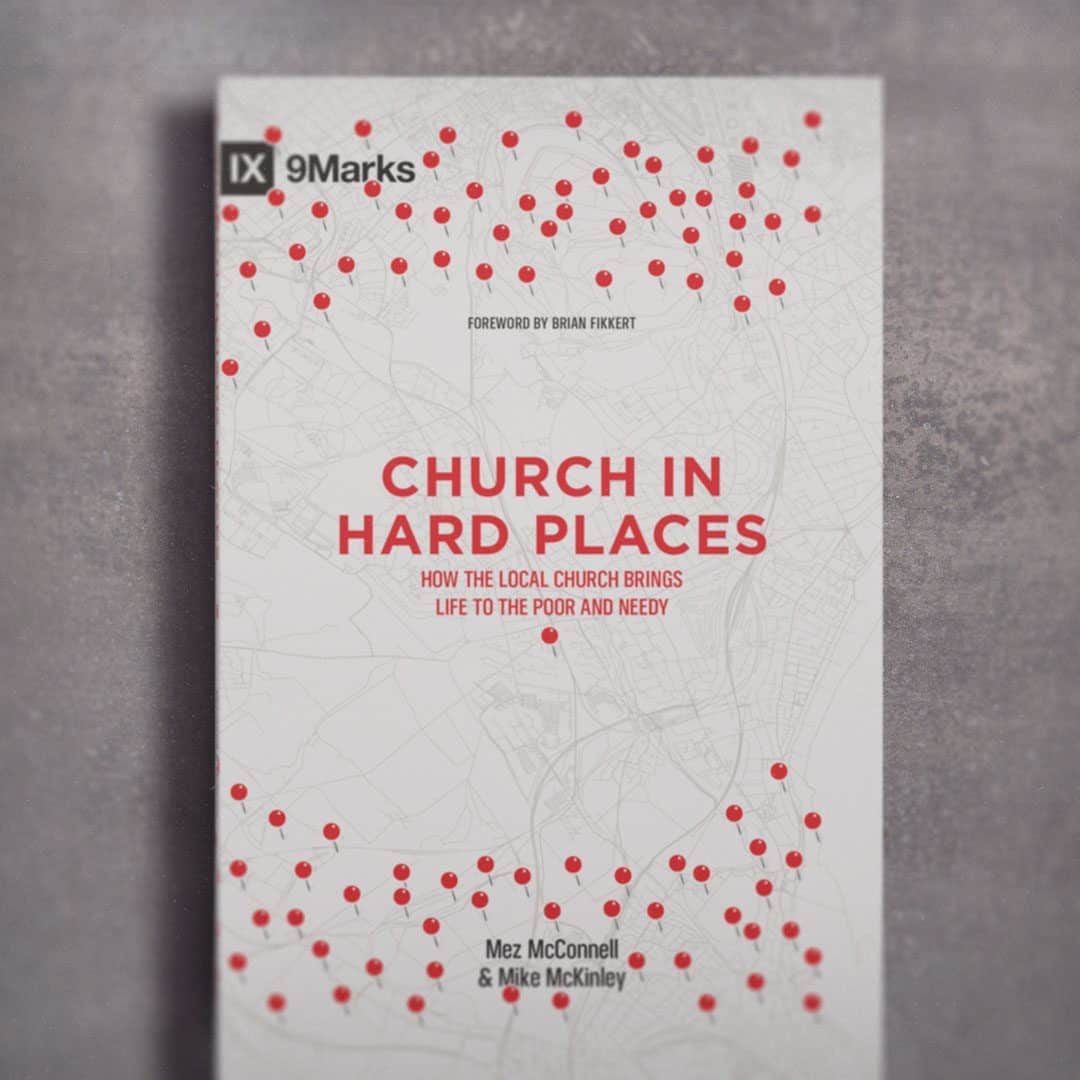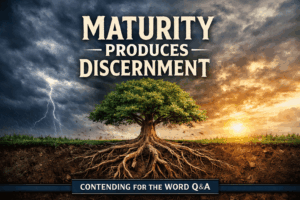⏱️ Estimated Reading Time: 4 min read
Several times in my life, I’ve been confronted with the poor. By poor, I don’t mean going into a major city in the United States and finding the poorest place, and ministering there. Instead, what I mean is going into poor countries with the Gospel. Ministering to the poor in Mexico and the Philippines expanded my vision of what it looks like to minister to the poor. This isn’t to say that we don’t have very poor people here in America or that they don’t need ministering to as well, because, well they do!
It’s interesting because, in recent years, we’ve seen Christianity trending towards the poor. Christians should also be concerned about the poor. Christians should be ministering to them and seeking to minister the Gospel to them in ways that both proclaim and in ways that demonstrate the seriousness of the Gospel. This renewed interest in ministering to the poor is not all good. Sometimes what happens is Christians go in and proclaim not the Gospel but at worse don’t even know what the Gospel is. Emphasizing the priority of the gospel in ministering to the poor, Mez McConnell and Mike McKinley, wrote Church In Hard places How the Local Church Brings Life To The Poor and Needy. These men are both pastors with fruitful ministries among the poor, who offer biblical guidelines and practical strategies for planting, revitalizing, and growing faithful churches in hard places—in our own communities and around the world.
The book has three parts. In part one, readers are invited to understand the issue of poverty, the message of the gospel, and the importance of doctrine in ministry. In part two, the writers consider the problem of parachurch ministry in ministering to the poor (definitely the most controversial chapter in the book). In addition to this, they help the reader understand the place of the local church in the Christian life, the work of evangelist, preaching, and membership, and discipline. The final part of the book calls us to prepare ourselves for the work of ministering to the poor and to change our thinking about doing so.
There was so much about this book that I enjoyed. First, this book is focused on the Bible. Second, it is focused on the Gospel. Lastly, this book is local church-focused. While this might sound like it should be assumed in a Christian book, let me assure you it isn’t. This emphasis is needed and not only do the authors succeed in my opinion in their goal of helping us but also give us practical examples and stories.
While this book is also very well-written the sound theology is matched by sound practice. These men are not new to these issues. Instead, they are seasoned men seeking to help others by sharing the hard-won wisdom they’ve acquired over the years. I can still remember in 2001 sitting in a local church in the Philippians watching as that church worshiped the Lord. I watched as a community was embraced because of the Gospel and people were getting saved. What Church In Hard Places does so well is to describe the problem and then offer up Bible-based, Gospel-focused, and a local church promoting perspective to the issues of ministering among the poor.
Whether you’ve considered ministering to the poor or not this is a book you should pick up. The problem of poverty is one that is all around us in our world. Reading a book like Church In Hard Places will help us encourage those engaged in this type of Gospel work, and to call other Christians to support them either financially, in prayer, and or go to where they are ministering and join them in the work.




